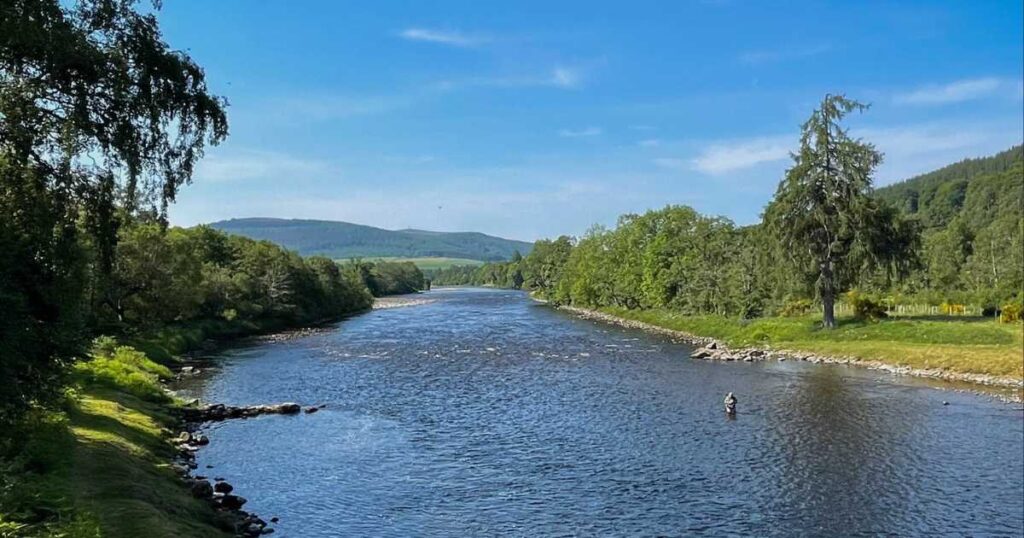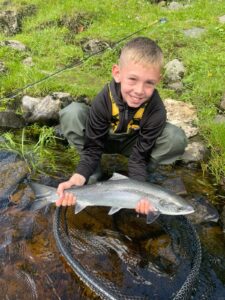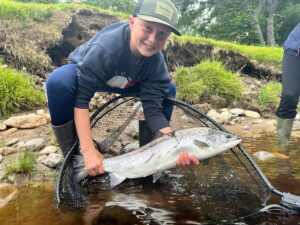The Spey Fishery Board can now declare that the River Spey’s Spring catch for 2023 has amounted to 1,080 salmon & grilse. These were fish caught between the 11th February and 30th June 2023. This result is well below last year’s catch of 1,974 and a reflection of the tough conditions anglers have experienced during the early part of this season. It is also well below the 5-year average of 1,716 and 10-year average of 2,203. We also recorded 440 sea trout caught during this period.
The early part of the 2023 season has been challenging for Ghillies and anglers – not just here on the Spey, but on salmon rivers throughout Scotland and, indeed, overseas. These numbers are clearly disappointing and result largely from a very hot and dry May and June which meant the river was low and too warm and, for much of the time, almost unfishable. At the same time, significantly fewer fish continue to return from their epic sea migration than used to and every effort is being made by the likes of the Atlantic Salmon Trust to investigate the causes of this to enable rectification in the future.
After a very slow and disappointing start the fish have at last arrived in July, following more water and cooler weather, with reports of catches up and down the river. Meanwhile, the Spey Fishery Board is implementing a multi-faceted strategy to restore the fortunes of our iconic Atlantic salmon. Our habitat and environmental work with the Spey Catchment Initiative is aimed at long-term sustainability, but the Board’s strategy also aims to tackle the immediate threats: –
- Hatchery Operations & Smolt to Adult Supplementation: In May this year, we told you of our plans to maintain our hatchery operation at Sandbank in Glenlivet, and to also pursue a new programme of Smolt to Adult Supplementation. This aims to catch smolts and rear them on to adult fish, so that they can be returned to the tributaries from which they were caught in order to spawn naturally. This aims to boost the number of eggs in our rivers, but without taking additional adult fish to use as broodstock at our hatchery.
- Save our Smolts Programme: Recognising that Loch Insh has been a critical pinch point affecting smolt survival, we have trialled the movement of hundreds of smolts past this location in a process known as “Trapping & Trucking”. By helping them bypass this bottleneck, we aim to increase the number of smolts that reach the sea and subsequently return as adult fish. The results will be released in the coming weeks and we hope to repeat the work next year.
- Spey Catchment Initiative: our Chairman Dr Sandy Scott and Director Roger Knight were instrumental in the recent relaunch of the Spey Catchment Initiative (SCI) as a Scottish Charitable Incorporated Organisation. The new SCI aims to attract significant investment to deliver large, landscape-scale projects which focus on improving the sustainability and resilience of the Spey catchment to climate change, reversing the plight of our iconic salmon and benefit a plethora of other nature species in the process.
- Coastal Bycatch: We are investigating the potential impact of coastal bycatch on our salmon and smolt populations. By understanding the impact of this threat, we can work towards policy changes or specific interventions to reduce any negative effects.
- Policy Influence: Our Director, Roger Knight, is involved at Government level, lobbying for policy changes to boost our salmon populations. His work includes involvement in the Government’s Delivery Group which is overseeing the implementation of the Wild Salmon Strategy, assisting the review of the licensing process for sawbill duck management and lobbying against the Scottish Government’s disappointing reluctance to licence effective seal management.
- Release the Spey: Salmon need cold, clean water to thrive, rather than just survive. And the more of it the better. We call on the Scottish Government and its regulator, SEPA, to support the Spey Fishery Board’s campaign to “Release the Spey”, thus increasing flows and help us make the river, and so much that depends upon it, more sustainable and resilient
Despite the challenges that Atlantic salmon face, we remain committed to our conservation policies, with 98% of all Salmon and Grilse and 90% of Sea Trout caught being released. We sincerely thank all Proprietors, Ghillies and both resident and visiting anglers for their continuing support for these policies. Working together, we believe that we can restore our salmon populations and improve the sustainability of our cherished river.






